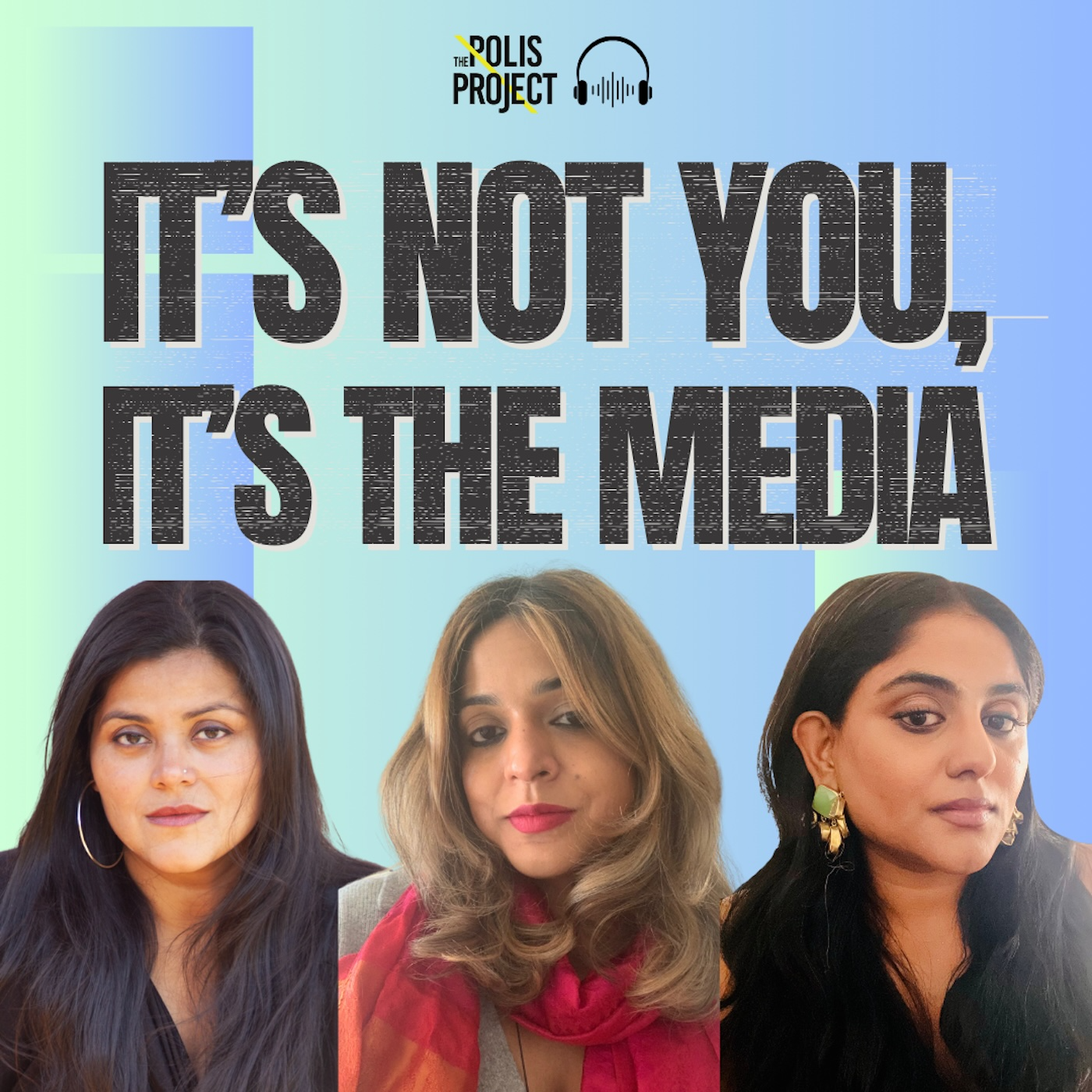If Book Reviews Could Kill
Suchitra, Bhakti and Madhuri analyze the genre of "book reviews" and the ways in which they are instrumental in shaping opinion on writers, literature, ideas, and culture, more broadly. Book reviews are an extremely vital part of all newspapers and media outlets but the undergirding questions is who gets reviewed and who gets ignored? Book reviews have moved away from tackling ideas, and have instead become publicity and marketing tools for big, corporate publishers. The discussion focuses on the explicit anti-intellectualism of book reviews. There is a complete disregard for challenging the mainstream narratives and there is an obsession with accessible and simplistic writing. Books reviews deliberately shun complex, theoretical or philosophical works. Book reviews have a gatekeeping function and further the notion that political writing is bad writing that does not deserve to be reviewed at all. Thus, liberal media tends to sustain the propaganda that there is a divide between art and politics. The episode also touches on the ways in which identity politics prevents deeper engagement with writers of color. Finally, the hosts explore the controversy around Ta-Nehisi Coates' latest book The Messenger since Coates has found himself at the center of pernicious debates in mainstream media because of his pro-Palestinian stance.
Keywords: books, novels, book reviews media, ethics, narratives, gatekeeping, Ta-Nehisi Coates, Palestine, African literature, Publishing, style, genre, anti-intellectualism, marketing, scholars, experts, writers, authors, literature.
Key takeaways:
- Book reviews might seem harmless and amusing but they perform meaning-making activity by shaping opinions and narratives.
- Book reviews peddle an explicit anti-intellectualism
- The book review industry is in the business of selling books rather than introducing readers to new ideas.
- Media outlets only review books published by big corporate presses and sideline independent, smaller or academic presses.
- Media outlets only publish reviews about accessible books that are written in a simplistic style and categorically do not match the book with an expert.
- The publishing world along with the book review industry has birthed a world of similarly written books that are apolitical and unthreatening to mainstream narratives.
- Identity politics plays a disproportionate role through the authors that liberal media chooses to anoint but this also adversely precludes deep engagement with the author and their works.
- Book reviews promote and sustain the American liberal ideology that art and politics are separate, and that political writing is bad writing that does not deserve to be reviewed.
- The controversy around Ta-Nehisi's Coates' pro-Palestinian book The Messenger has unmasked the liberal establishment and shown their acute Zionist bias.
- There are smaller and independent media outlets that continue to publish smart and engaged book reviews.
Correction: At 38:20, there is a slight factual error, it's not The Atlantic but Vanity Fair.
A podcast by The Polis Project https://www.thepolisproject.com/
References:
If Books Could Kill podcast: https://podcasts.apple.com/us/podcast/if-books-could-kill/id1651876897
The NYT Book Review Is Everything Book Criticism Shouldn't Be by Yasmin Nair https://www.currentaffairs.org/news/new-york-times-book-review
The Message by Ta-Nehisi Coates: https://www.penguinrandomhouse.com/books/653438/the-message-by-ta-nehisi-coates/
Aaron Bady Twitter/X thread: https://x.com/zunguzungu/status/1846515885663781370
Los Angeles Review of Books: https://lareviewofbooks.org/
Africa is a Country https://africasacountry.com/
Biblio Review of Books https://biblio-india.org/
Trinity of Fundamentals, review by @VivaFalastinLeen https://www.tiktok.com/@vivafalastinleen/video/7325549111455780142?lang=en

